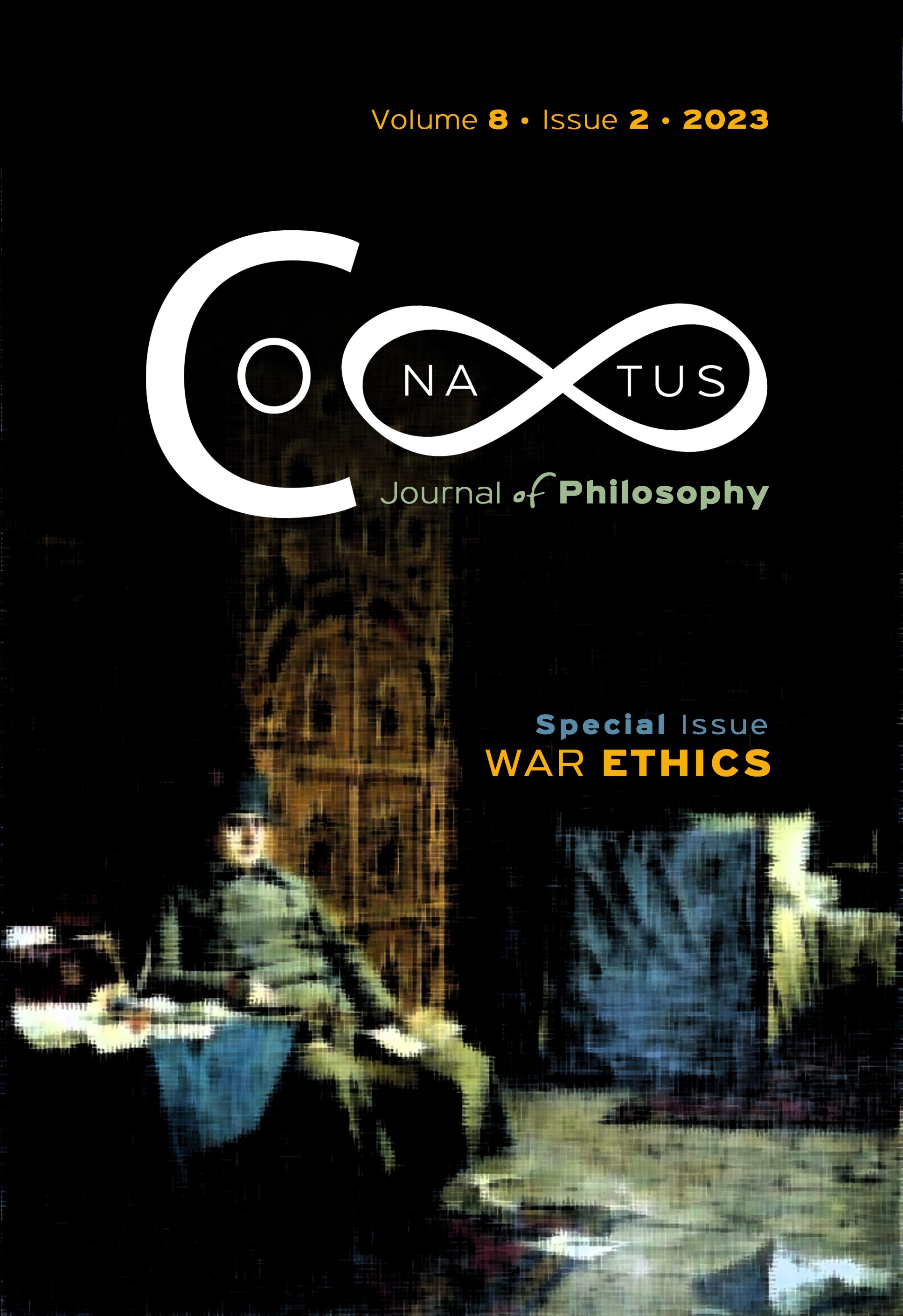Doctors with Borders

Abstract
This paper presents the real case of a military surgeon who is the only one working at a small hospital in Iraq. The military surgeon can only operate on one wounded soldier due to limited medical resources. The first wounded soldier to arrive is the enemy. The second wounded soldier to arrive shortly after the enemy is a compatriot. Both soldiers will die without lifesaving surgery. The military surgeon is ordered by his superior not to operate on the enemy. Under the Geneva Conventions, physician-soldiers are legally required to give medical attention impartially. The only exception is urgent medical need. Both soldiers, friend and foe, have an urgent medical need. Dual-loyalty dilemmas such as this one can arise for military medical practitioners when loyalty to patients comes into conflict with loyalty to third parties such as the state. In this paper, several solutions to the dual-loyalty dilemma are considered and rejected. Solutions to the dual-loyalty dilemma ultimate fail because they rest on the physician-as-healer model which grounds contemporary medical ethics. The view that the ultimate objective of physicians and medicine is winning battles is defended. Physicians are non-neutral and partial fighters who sometimes must do harm. Medicine is a weapon that physicians use to fight an enemy. The only relevant differences between a soldier and physician are the kind of enemy, location of the enemy, and the type of weapons used against the enemy. The paper concludes that physician-soldiers are doctors with borders. There is no dual-loyalty dilemma on the physician-as-fighter model. The military surgeon should obey his orders and not operate on the enemy. Implications of the physician-as-fighter model for mass casualty triage and physician-soldier participation in non-lethal weapons development are considered.
Article Details
- How to Cite
-
Dunford, L.-V. (2023). Doctors with Borders. Conatus - Journal of Philosophy, 8(2), 95–128. https://doi.org/10.12681/cjp.35197
- Section
- Articles
- Categories

This work is licensed under a Creative Commons Attribution-NonCommercial 4.0 International License.
Authors who publish with this journal agree to the following terms:
Authors retain copyright and grant the journal right of first publication with the work simultaneously licensed under a Creative Commons Attribution Non-Commercial International License (CC BY-NC 4.0) that allows others to share the work with an acknowledgement of the work's authorship and initial publication in this journal.
Authors are able to enter into separate, additional contractual arrangements for the non-exclusive distribution of the journal's published version of the work (e.g. post it to an institutional repository or publish it in a book), with an acknowledgement of its initial publication in this journal.
Authors are permitted and encouraged to post their work online (preferably in institutional repositories or on their website) prior to and during the submission process, as it can lead to productive exchanges, as well as earlier and greater citation of published work.





